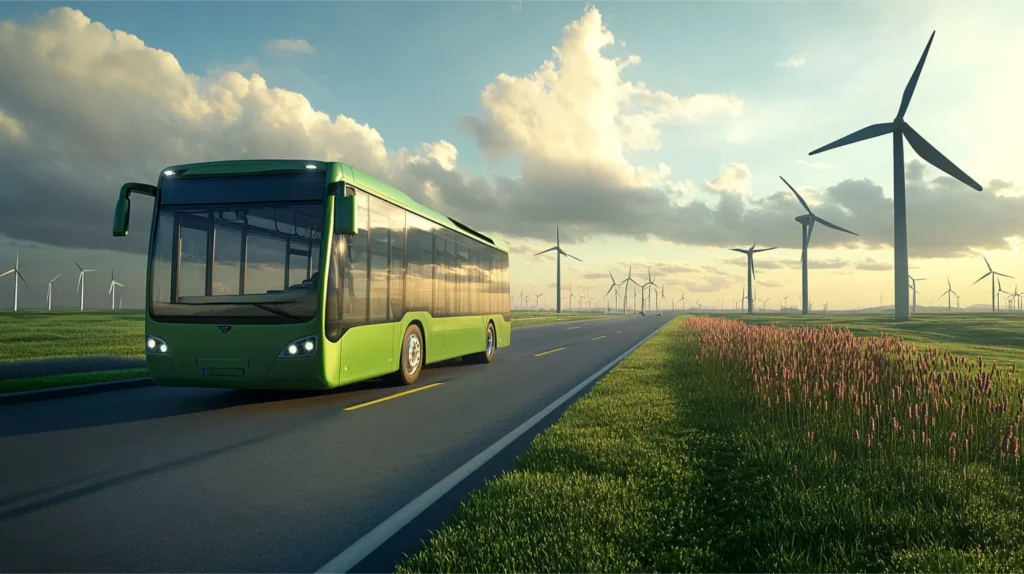Gujarat, Telangana, and Karnataka have jointly requested 15,000 electric buses (e-buses) under the PM e-Bus Sewa-Payment Security Mechanism (PSM) scheme. This is part of India’s broader target to deploy 50,000 e-buses by 2030 under the National Electric Bus Program (NEBP), focusing on nine key cities and seven states.
National Rollout Plans and Pending Requests
The NEBP, launched in 2022, targets major cities and seven states: Gujarat, Telangana, Karnataka, Delhi, Maharashtra, Tamil Nadu, and West Bengal. The government is still awaiting demand details from the remaining four participating states.
Government Considers Cutting Per-Bus Subsidies
To ensure wider coverage, the government is likely to reduce the per-unit subsidy for e-buses under the PM E-Drive scheme. This will allow more cities to benefit from the available ₹4,391 crore budget without increasing total spending.

Current Subsidy and Rising Demand
At present, subsidies range from ₹20–35 lakh per e-bus based on specifications. However, requests from cities like Hyderabad, Surat, Bengaluru, and Pune have already surpassed the scheme’s original goal of 14,028 e-buses.
Expected Participation from More Cities
Additional demand is anticipated from cities such as Ahmedabad, Mumbai, Chennai, Kolkata, and Delhi. With growing interest, the government is evaluating how to allocate funds more efficiently and fairly.
Aim to Boost Sustainable Public Transport
The reduction in per-bus subsidy aims to support wider adoption of electric buses, aiding India’s carbon emission reduction goals and promoting sustainable urban transport systems.
Balancing Cost and Reach
While cities may need to seek extra funds to cover e-bus costs, the government believes that a more balanced distribution of subsidies can keep up momentum in the shift toward electric mobility.
Final Decision Awaited
The revised subsidy structure is under review, and final decisions will be made after considering feedback from various stakeholders.
